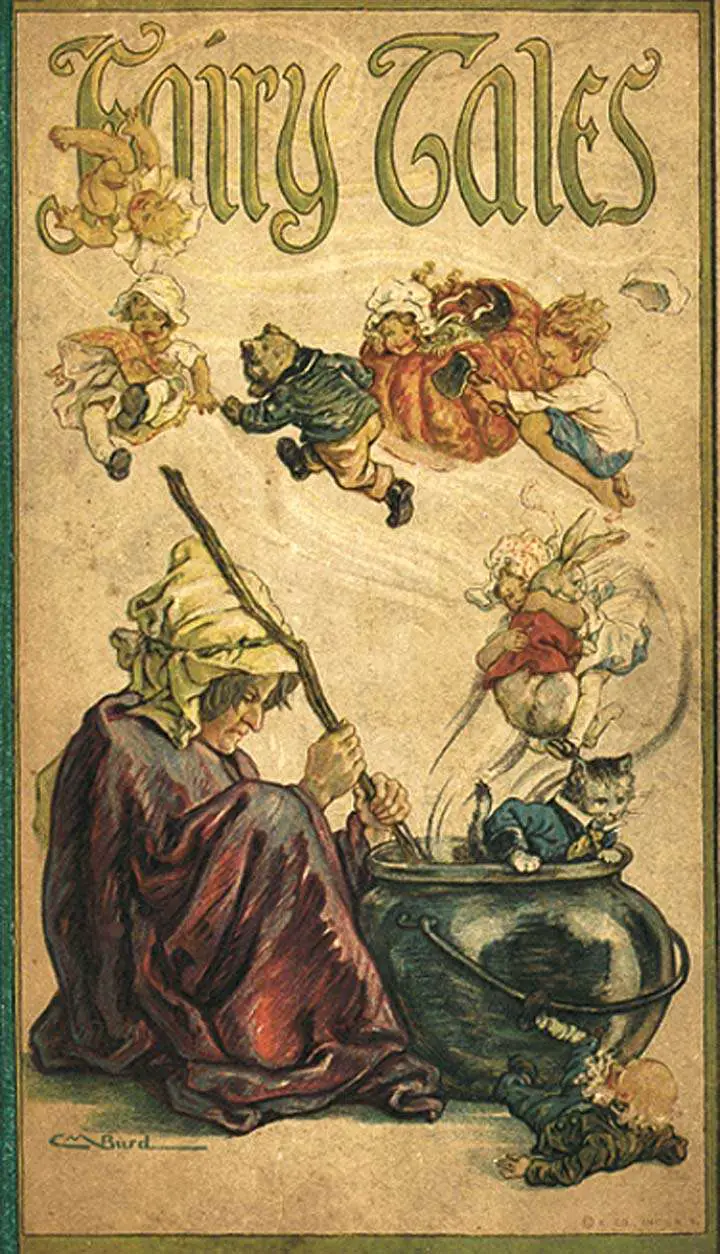When I first heard the story about a week ago that Richard Dawkins had denounced fairy tales during a talk at the Cheltenham Science Festival my first reaction, in an impeccably Dawkinsian way, was incredulity. Could anyone descend so far into self-parody, I wondered. As the professor has a habit of doing, once the media kicked up a fuss about the statement he claimed he never said it, even Tweeting that the BBC had phoned him up to apologise about repeating 'Daily Mail lies'. However it wasn't the Mail who first reported his words, but the Gloucestershire Echo which I imagine must have had a reporter there. Their report is still online, unapologised for and unaltered. It includes the contended words 'pernicious' and 'supernaturalism', and Richard Dawkins hasn't claimed that anyone from the Echo has phoned him up. Again, it's part of a pattern.
However, Christians ought not to feel entirely comfortable at being ranged against Dr Dawkins on this occasion, as orthodoxy and atheism both share a common approach to truth. Christianity is a religion rooted in a certain set of historical events: it contests with atheism the nature of those events, not the nature of fact or the use of historical evidence. It assumes there is such a thing as Truth, and endeavours to discover it. In fairy tale, you suspend normal judgement and enter into another realm where the rules are different, for the sake of the benefits of entertainment that come from the narrative: as Angela Carter defined it, 'a fairy tale is a story in which a king can knock on the door of another king to borrow a cup of sugar'. That's all very well, but Christians may well shift uncomfortably at the suggestion that truth doesn't matter so long as you enjoy the story: that's perilously close to reasons some agnostics give for going to church on Christmas Eve. Every now and again a different, but allied, news story hits the media, that of a priest who gets into trouble for telling children that Father Christmas doesn't exist: that is, for defending Truth against the forces of custom.
I worried about Father Christmas for some time. His nature as a being of superhuman power and omniscience who dispenses gifts to the well-behaved is too close to aspects of Jesus to be entirely welcome. However I made my peace with him at the Swanvale Halt Old People's Day Centre Christmas Lunch a couple of years ago. Father Christmas always attends these events and distributes small gifts with a certain quantity of ribald humour. We all know who is being Father Christmas, and all of us are, with the usual variations of personality, sensible grown-ups who are well aware that he doesn't live at the North Pole and arrive accompanied by magic reindeer. Nevertheless, we all accept and welcome his presence as part of the festivities. We enter into the narrative, as it were, for the sake of being entertained; and also for the sake of recognising the importance of generosity, open-heartedness and good cheer for human social relationships. Father Christmas embodies those things, and it's perfectly possible and acceptable for anyone to 'play' him, temporarily to occupy that symbol on behalf of everyone else. There are resemblances between this sort of play-acting and the play-acting of the Christian community engaged in the liturgy, with the exception that the latter has its rationale based in those historical events which generated the whole narrative. I don't see any problem with having both.
Just as, really, there shouldn't be any necessary contradition between enjoying a fairy story and believing in evolution.
Wednesday, 11 June 2014
Subscribe to:
Post Comments (Atom)


No comments:
Post a Comment